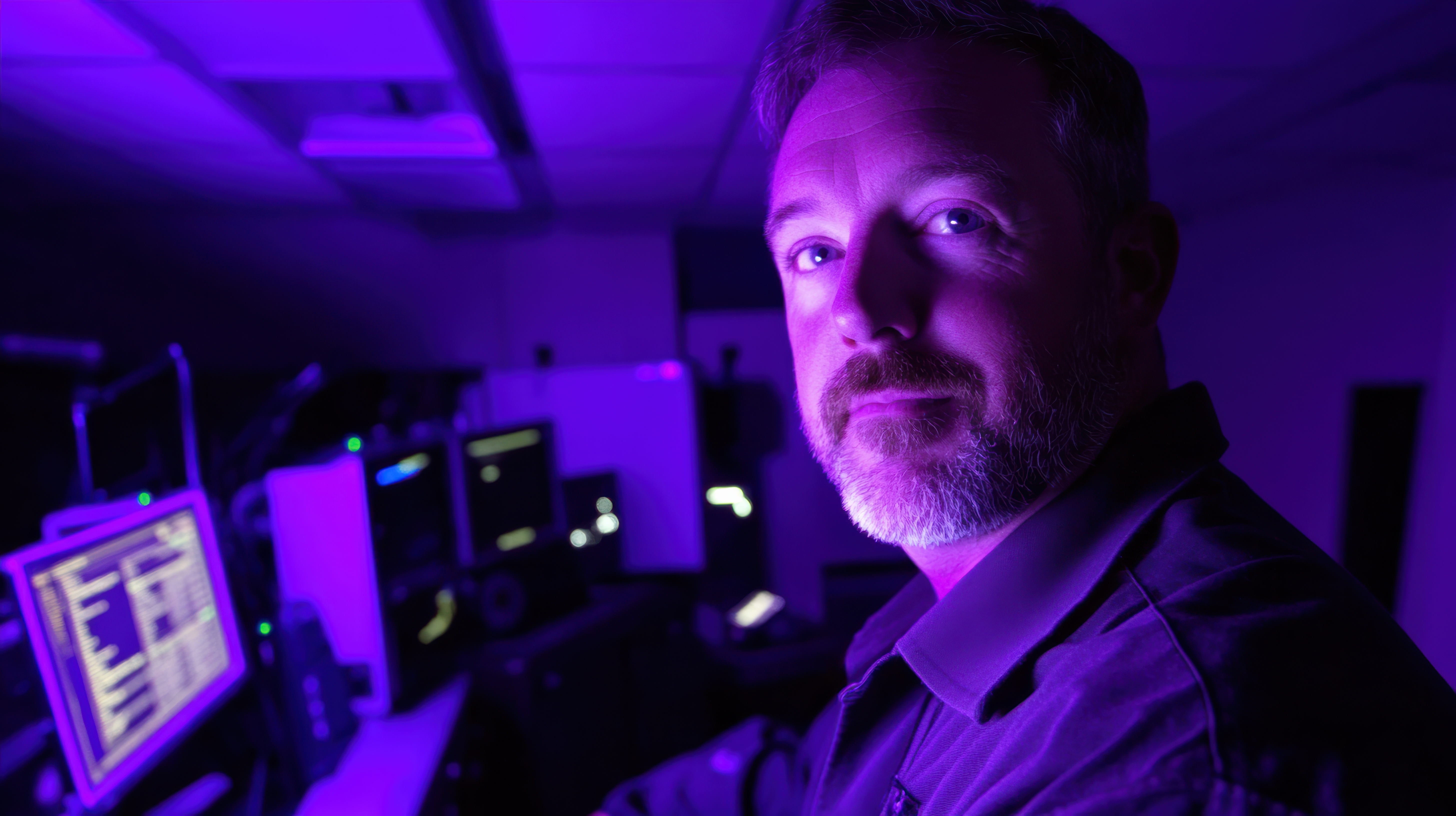What to change
How to change it
How to sustain change
WORLD CLASS IMPLEMENTATION
An idea for competitive advantage thanks to the proposal of organizational changes, knowledge transfer at the highest world level and access to the most powerful production scheduling tool
ANALYSIS
The purpose of the Analysis is to answer two seemingly simple questions.
What to change? How to change it?
In order to effectively implement a system for advanced production planning and scheduling, we need to learn as much as possible about your production process. Tell us about how you currently plan and schedule production. How the organization exchanges information between participants in the planning process. We want to see what the design and technological data looks like. How you manage change, how you obtain feedback from production. This is the tip of the iceberg of what we want to know to propose a solution that will introduce you to the world of efficiency and productivity.


PROOF OF CONCEPT
Tell us what you want to achieve, and we will conduct an analysis, build a working model and prove the possibility of achieving business results.
We will tell you what you need to fulfill in terms of IT tools, data preparation or verification, knowledge transfer and organizational changes.
PoC implementations are most often limited to a smaller area, pilot versions of the project, which are to show the possibilities and benefits of future implementation.
COMPETENCES OF THE FUTURE
Only knowledge provided by practitioners has real value. Only knowledge of the best global business practices can push your organization onto completely different tracks, competitive advantage.
Not all practices work in all latitudes. APS is a chance to be in a completely different place after implementation.


TESTS & GO LIVE
The computational complexity is often too high to predict 100% of the scheduling results. That's why we have to test, test and test again.
Go Live is a special event on the project, when we start using APS in production. The APS launch must be precisely planned. We have to build a checklist that we will implement step by step, confirming the completion of tasks and making sure that we have not missed anything. The scheduler must receive full support in the stabilization process until he becomes fully independent. Later, there will be pleasant memories.